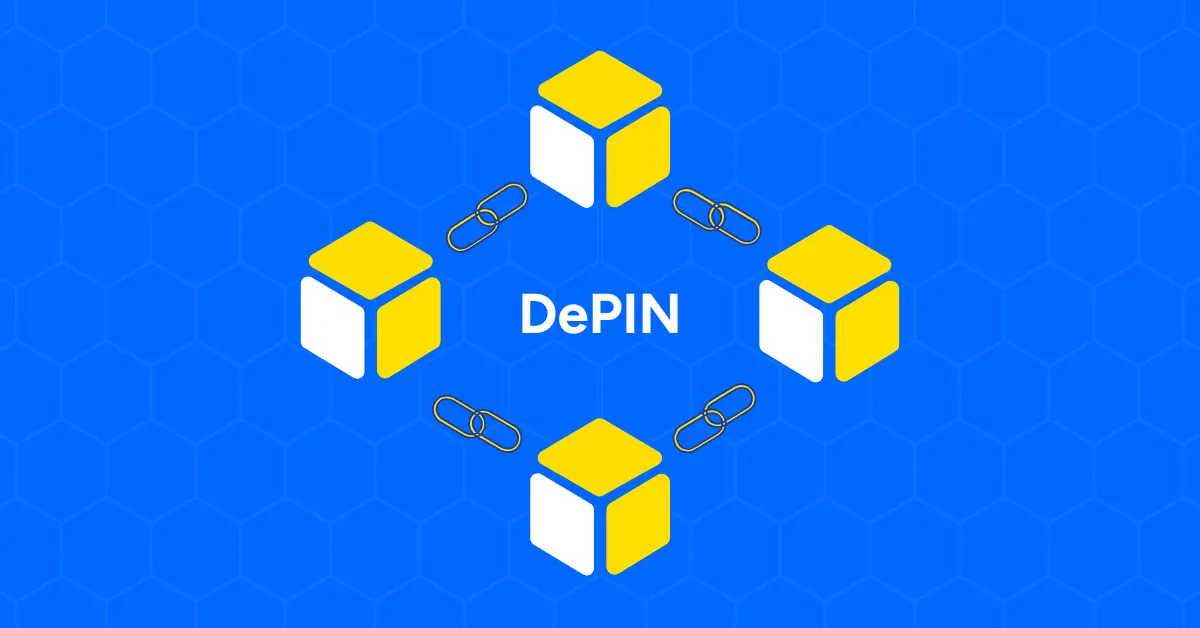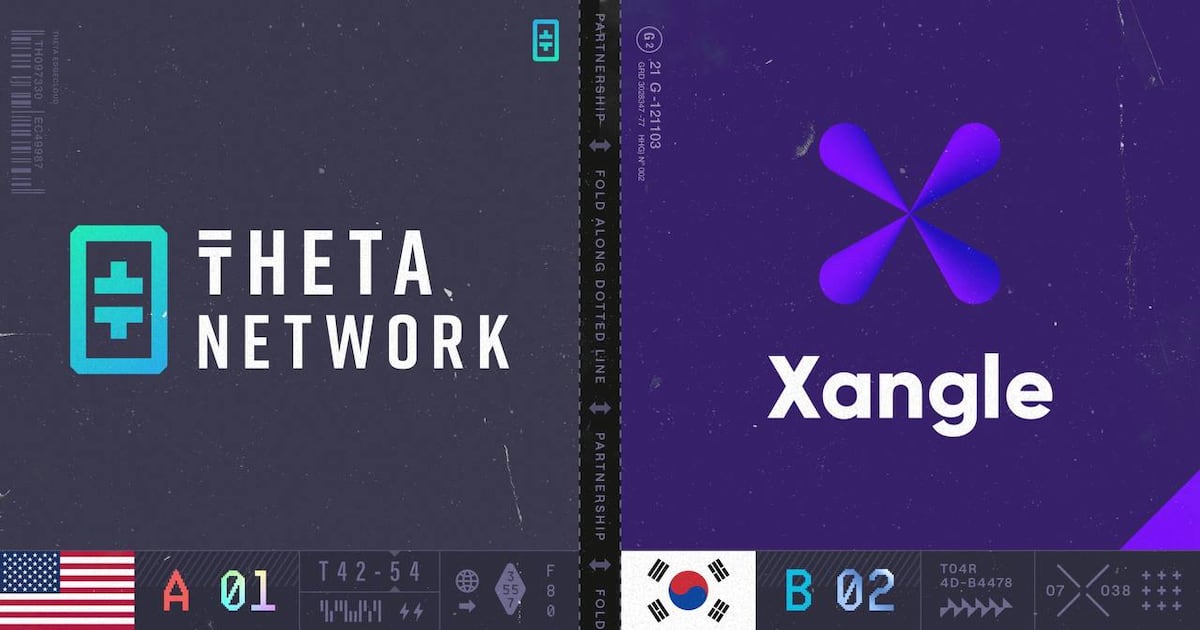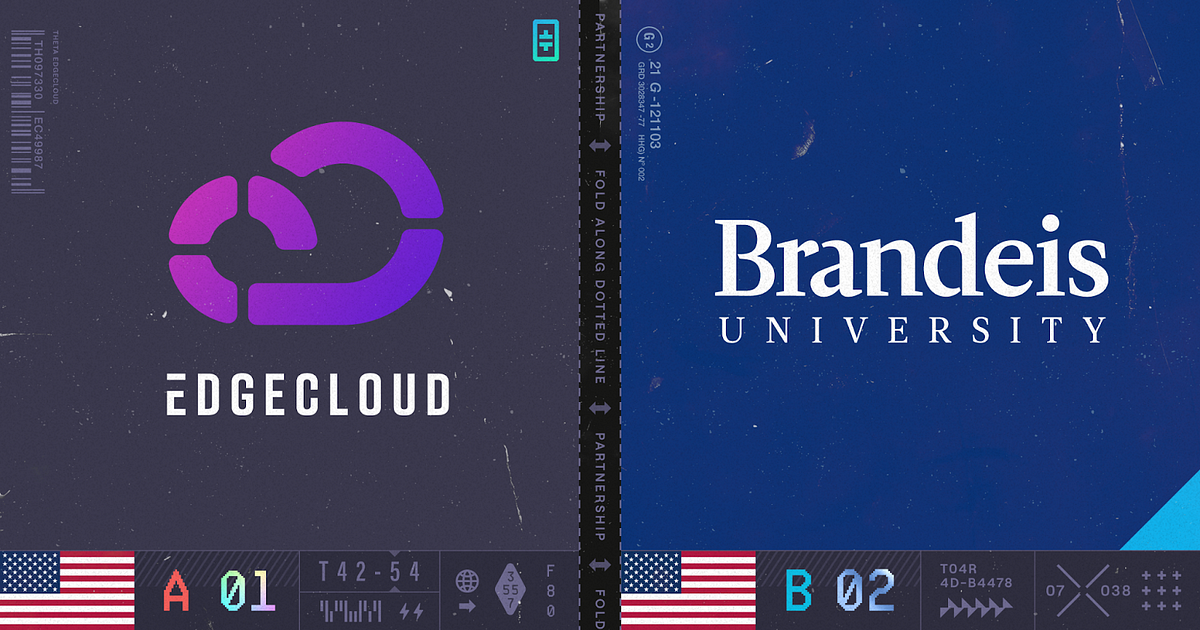Decentralized Physical Infrastructure Networks: A New Paradigm in Blockchain

In the rapidly evolving landscape of blockchain technology, the concept of Decentralized Physical Infrastructure Networks (DePIN) is gaining significant traction. DePIN represents a transformative approach to network architecture, facilitating innovation across various sectors, including storage, computing, and artificial intelligence. By leveraging token incentive mechanisms, DePIN encourages users to contribute resources, thus enhancing network efficiency and lowering barriers to entry. Recent developments in this space have seen the emergence of projects like Filecoin, Helium, Shadow Token, and Aethir, which not only showcase innovative applications but also serve as compelling case studies for the practical implementation of decentralized networks.
DePIN encompasses a broad spectrum of services, categorized into physical basic networks and digital resource networks. This framework allows for the aggregation of resources, enabling providers with underutilized assets to rent them out, thereby maximizing efficiency. The decentralized nature of DePIN mitigates concerns associated with centralized entities, such as downtime and resource scarcity. As demand fluctuates, the network can dynamically scale its resources, ensuring optimal performance without the need for significant infrastructure changes. This flexibility is crucial in today’s fast-paced digital environment, where resource demands can shift rapidly.
Among the notable projects in the DePIN ecosystem, Filecoin stands out as a leader in decentralized storage, while Helium has pioneered a decentralized wireless infrastructure. Shadow Token aims to disrupt traditional cloud storage models, and Aethir is emerging as a competitor in decentralized computing. Each of these projects not only illustrates the potential of DePIN but also highlights the shift towards a more democratized infrastructure model, where individuals collectively invest resources to build and maintain facilities. As the DePIN sector continues to grow, it promises to reshape the way we think about resource allocation and network management in the blockchain era.
Related News





